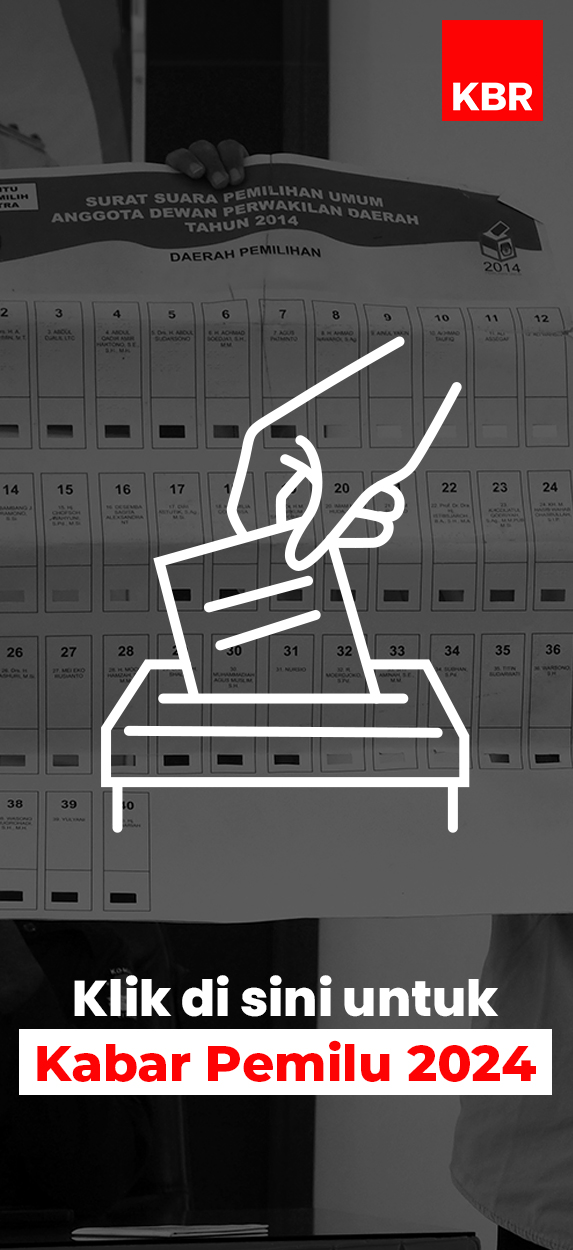Up to 600 Afghan interpreters have been working alongside British troops that have been widely seen patrolling Afghan villages for the past decade.
But by the end of 2014, they will all leave the country for good.
This means, these local interpreters will be left without a job.... and under threat.
Muhammad Qasim Rahimi has been interpreting for British troops for three years now.
“I’ve faced threats from the Taliban fighters in my area,” Qasim says.
“When I heard from a British news agency that UK will secure safety for Afghan interpreters, we feel good and encouraged... that now we have people to support us and save our life in the future. That’s a very fresh news for all interpreters who has faced threats in Afghanistan.”
For British soldiers stationed in Afghanistan, local interpreters play a crucial role in their mission.
“Without them, we won’t be able to do our job. They have exactly the same risk as British soldiers because they also went out on patrol with us,” says Jack Wood from the British troops.
At first, the British government decided not to give them the right to resettle in the UK.
But last month, three Afghan interpreters challenged the decision in the High Court in London. They referred to the Iraqi translators who were given the right to asylum in the UK after the end of the Iraq war.
Rosa Curling is their lawyer. In an interview with AFP she said that Afghan interpreters should be given the same rights.
“After the Iraq war, there was a scheme for Iraqi interpreters that recognised their bravery and commitment they showed to the British troops in Iraq. And also the recognition of threats they face as the result of the war. They must be given a proper comprehensive package and be treated the same way as the Iraqi interpreters to resettle in the UK.”
Under the new ruling, the British government will give a 5-year visa to interpreters who worked on the front line for a year or more. And those who wish to remain in Afghanistan will receive cash payments or be given the choice of training and education.
But Qasim feels he has to leave... for his own security...
“We don’t want to leave but we need to do that... for our own safety. Taliban and many people say that we work for infidel, that they’re not Muslim people. They think we’re spy for the British forces. That’s the sense of the Taliban and many people to kill interpreters.”
But government spokesperson Siqiq Sidiqee, says they shouldn’t worry about their security in the future.
“We can assure security not only for the interpreters but for all Afghan people,” Sidiq says.
“It’s our country and we will protect it. Our security situation will improve and after 2014 we will go through a transition period. No one should worry about this but they can decide for themselves whether they want to stay or go. They’re trying to make a big deal of this, saying that our security will get worse, but that’s not true.”
Qasim is still hoping for a better offer for Afghan translators.
“We’ve been told that they will give us an 18-month salary or a 5-year UK visa and when we come back from UK to Afghanistan they will provide us with education facilities. But this can’t protect us.”
“We suggest that all interpreters be given UK permanent visas.”
Afghan Interpreters Granted Resettlement in UK
Up to 600 Afghan interpreters who worked alongside British troops are to be given the right to live in the UK.

Afghan interpreters to live in UK, Afghan interpreters, resettlement post war
Kirim pesan ke kami
WhatsappRecent KBR Prime Podcast
Kabar Baru Jam 7
Strategi Perempuan Pengemudi Ojol Mengatasi Cuaca Ekstrem (Bag.4)
Arab Saudi Bangun Taman Hiburan Bertema Minyak di Tengah Laut
Menguji Gagasan Pangan Cawapres
Mahfud MD akan Mundur dari Menkopolhukam, Jokowi: Saya Sangat Hargai






